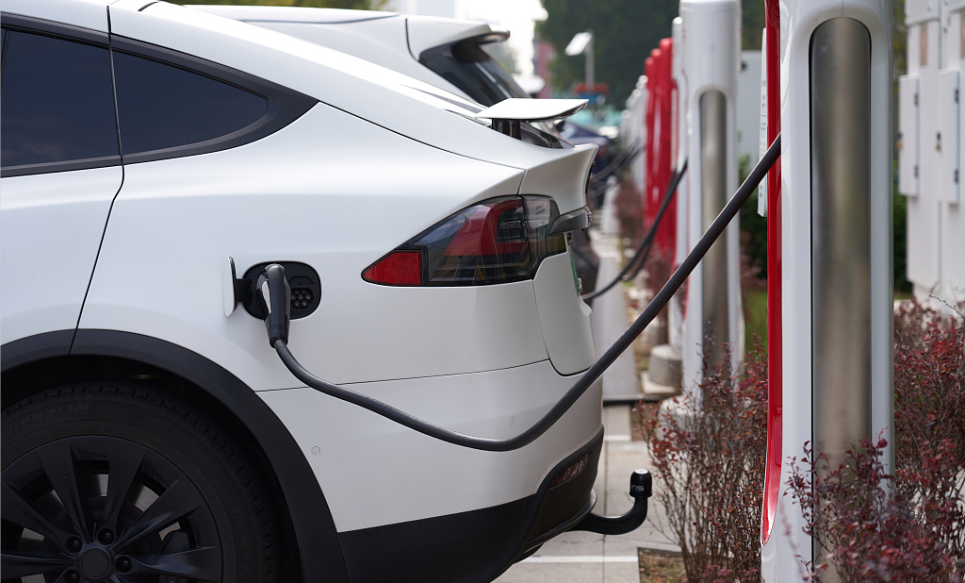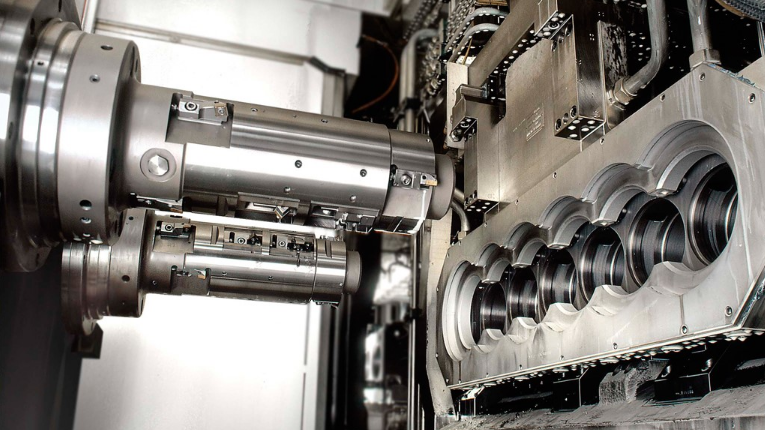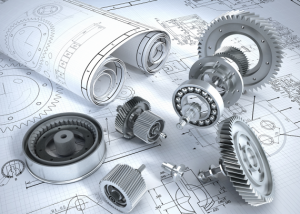There are many different advantages to using custom CNC parts in the automotive industry. In this blog post, I’ll walk you through these benefits in detail to help you understand why selecting and purchasing custom CNC parts is so important in the automotive world.
The advantages of CNC customized parts in the automotive field are as follows:
- ※ High precision
- ※ High production efficiency
- ※ Strong adaptability
- ※ Cost savings
- ※ High reliability
High precision
CNC machining has the potential to achieve high dimensional accuracy. This means that parts can be manufactured to meet the design requirements very accurately. For example, the cylinder wall diameter accuracy of certain automobile engine blocks can reach 0.005 mm, which necessitates high-preestimated CNC machine tools and measuring equipment to achieve this.
Secondly, CNC machining can achieve very smooth and uniform surface quality. This means that the surface of the part will not have too many unevenness and burrs, thus improving the overall quality of the part. For example, the surface roughness of brake discs is usually required to be in the range of Ra 0.4-1.6 microns, and CNC machining can easily meet this requirement.
In addition, CNC machining can also realize the manufacturing of complex geometries. This means parts can have complex curves, chamfer, holes and other shapes to meet the design needs of automotive parts. For example, suspension components on automobile chassis often need to have complex shapes and structures to provide stability and comfort, and CNC machining can well meet these requirements.
Finally, CNC machining allows for highly repeatable and consistent part manufacturing. This means each part is very consistent in size and shape, reducing issues during assembly. For example, the consistency requirements for the weight and size of pistons in automobile engines are usually within a few grams, and CNC machining can ensure this consistency.
High production efficiency
Automated production: CNC machining is an automated manufacturing process that can control machine tools for processing through pre - programmed instructions. Compared with manual operation, CNC processing can greatly reduce manual intervention and improve production efficiency. According to statistics, using CNC processing can shorten production time by more than 50%.
High-speed machining: CNC machines can process at higher speeds, allowing parts to be manufactured faster. For example, some CNC lathes can process at 5,000 revolutions per minute, which is several times faster than traditional lathes. This means more parts can be produced in the same time, improving production efficiency.
Mass Production: CNC machining is ideal for mass production, where large numbers of identical parts can be produced by running the machine tool continuously. Compared with manual operation, CNC machining can complete the same processing task more quickly. According to data, using CNC processing can shorten production time by more than 70%, greatly improving the efficiency of mass production.
Flexibility and quick changeover: CNC machining can achieve the production of different parts by changing programs and tooling, thereby increasing the flexibility of the production line. Compared with traditional machining methods, CNC machining can make process adjustments and part switching more quickly. According to statistics, using CNC machining can shorten process adjustment time by more than 80%.
Strong adaptability
Adapt to different models and needs: Automobile manufacturers usually need to produce parts of many different models and specifications, and CNC machining can adapt to different needs by changing programs and tooling. For example, a CNC lathe can machine different models of engine parts by changing the tooling and program without replacing the entire machine tool. This flexibility allows CNC machining to adapt to the production of different models and needs.
|
Car component |
CNC machining applications |
|
engine parts |
Piston, cylinder head |
|
Brake and wheel components |
Brake discs, calipers and wheels. |
|
Interior parts |
Door handles, trim and dashboard components. |
|
suspension and steering components |
Control arms, knuckles and steering components |
Some of the most important CNC machined parts include components such as engine blocks, transmissions, and suspension components. These parts require high-precision machining to ensure optimal electrical performance and reliability, which can be addressed through CNC manufacturing.
Car component CNC machining applications
engine parts Piston, cylinder head
Brake and wheel components Brake discs, calipers and wheels.
Interior parts Door handles, trim and dashboard components.
suspension and steering components Control arms, knuckles and steering components
For example:
Tesla
Tesla uses CNC machining to produce electric vehicle parts, including battery casings, motor housings and suspension components. This precision and accuracy enables Tesla to produce high-performance electric vehicles with longer driving range and minimal maintenance requirements.
BMW
BMW uses CNC machining in the production of its high-performance engine and suspension components. Using CNC manufacturing technology allows BMW to create lightweight, high-strength parts that help improve the vehicle's fuel efficiency and handling.
Cost savings
Reduce material waste: CNC machining can minimize material waste through precise cutting and machining processes. Compared with traditional machining methods, CNC machining can more accurately control the cutting amount and processing depth, thereby reducing the generation of scrap. According to one study, using CNC machining can reduce material waste by approximately 30%.
Improve production efficiency: CNC machining can realize automated processing processes, reducing the risk of manual operations and human errors. Automated processing can improve production efficiency and reduce production costs. For example, one study found that using CNC machining can reduce production time by more than 70% while improving production efficiency.
Reduce labor costs: CNC machining can reduce the need for skilled workers and reduce labor costs. Compared with traditional machining methods, CNC machining can reduce dependence on operators through pre-programmed and automated processing processes. This reduces the cost of training and hiring skilled workers.
High reliability
Improve machining accuracy: CNC machining can achieve high-precision machining, thereby improving the quality and accuracy of parts. Through precise program control and automated machining processes, CNC machining can achieve higher machining accuracy and consistency. This high-precision machining improves the safety and reliability of automotive parts and ensures they meet strict quality standards.
Optimize design and process: CNC machining can be optimized according to design requirements and process requirements, thereby improving the performance and reliability of parts. Through precise program control and automated machining processes, CNC machining can achieve more complex shapes and structures, improving the functionality and reliability of parts. For example, some automakers use CNC machining to produce complex engine parts, thereby improving engine performance and reliability.
As the automotive industry continues to evolve and embrace new technologies, the role of CNC machining in modern vehicle manufacturing is only expected to grow. The numerous advantages of CNC manufacturing, coupled with its ability to produce high-impact automotive parts, make it an indispensable tool in the production process.
To summarize
customized CNC parts have multiple advantages in the automotive manufacturing industry. They can provide high-precision cutting and machining, ensuring that the size and shape of parts are exactly as designed, thereby improving the performance and safety of the car. Customized CNC parts can also significantly improve production efficiency, shorten the production cycle of automobiles, and reduce the possibility of human error. In addition, customized CNC parts provide automakers with greater design flexibility to handle a variety of shapes and materials to meet different vehicle models and customer needs. Customized CNC parts generally have higher quality and reliability, can operate normally in a variety of complex environments and conditions, and have a longer service life. Although custom CNC parts may be slightly more expensive, they can bring long-term cost benefits by reducing the cost of repairs and replacement parts, shortening production cycles, and lowering manufacturing costs. Therefore, customized CNC parts are ideal for automakers to improve product quality, production efficiency and cost-effectiveness
Post time: Oct-16-2023







